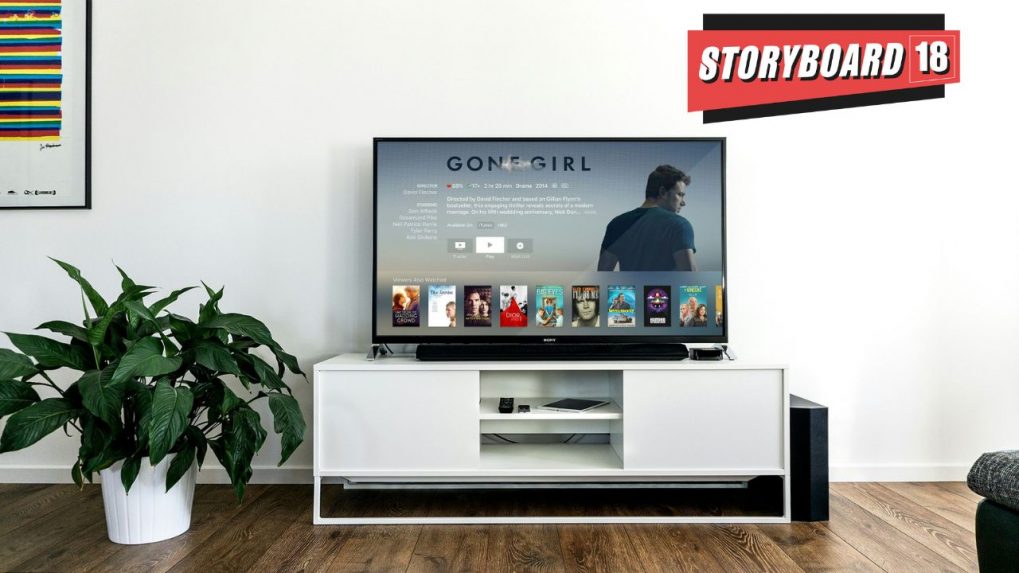Brand Makers
Dil Ka Jod Hai, Tootega Nahin

The Telecom Regulatory Authority of India (TRAI) has thrown a potential curveball at the broadcasting ecosystem in their latest consultation paper on the National Broadcasting Policy 2024. The paper, released on April 2nd, 2024, raises concerns about the current system's reliance on a single provider, the Broadcast Audience Research Council (BARC).
“BARC being the sole provider of rating services in India, raises concerns about market behaviour, service quality, and cost inefficiencies, highlighting the need for additional players to encourage healthy competition. Introducing more agencies not only fosters competition but also has the potential to improve service quality and reduce costs, as dependency on a single agency often lack the drive to innovate and adapt to industry demands. Competition acts as a catalyst for innovation, prompting BARC and other entities to adopt new technologies and methodologies, ensuring continuous evolution in line with media landscape changes,” read an excerpt from the consultation paper.
According to TRAI, a competitive environment will as a natural deterrent against rating manipulation, as multiple agencies vie for accuracy and credibility.
The consultation paper also suggests that independence from industry stakeholders is crucial for ensuring a neutral and unbiased approach to audience measurement.
“When measurement agencies are free from industry affiliations or influences, the process remains objective, transparent, and untainted by external pressures, enhancing credibility and trustworthiness,” the paper said.
It is important to note here, BARC India is a joint industry body founded by stakeholder bodies that represent broadcasters, advertisers, and advertising and media agencies.
TRAI mentions that in its recommendations on ‘Review of Television Audience Measurement and Rating System in India’ dated 28.04.2020 they had said that the rating agency should be mandated to increase the sample size from the existing 44,000 to 60,000 by the end of 2020, and 1,00,000 by the end of 2022 using the existing technology. However, according to them, the BARC India is operating with a panel size of only 55,000 households.
“This sample size falls short of accurately representing the vast landscape of 182 million TV households in the country with diverse viewing preferences. Moreover, with an anticipated growth in TV households expected to reach 202 million by 2026, the existing panel size is poised to become even more inadequate. Therefore, there's a need to establish a roadmap for incrementally expanding the sample size to meet the evolving landscape of television viewership,” the paper said.
A rating agency ideally according to TRAI should also include measurement beyond linear TV.
“In the dynamic realm of modern media consumption, integrating data from non-linear sources is essential for a comprehensive television audience measurement system. Viewers also turning to on- demand content via OTT services and streaming platforms, in addition to traditional linear TV metrics. However, BARC’s present audience measurement mechanism incorporates data from linear television only,” the paper said.
“Cross-platform content consumption, enabled by seamless transitions between linear TV and OTT, adds complexity, necessitating a system that adeptly captures cross-device viewing habits. Advertisers seek unified data to optimize campaigns across platforms, leveraging insights to tailor strategies effectively,” it added.
"The raucous, almost deafening, cuss words from the heartland that Piyush Pandey used with gay abandon turned things upside down in the old world order."
Read MoreFrom OpenAI’s ChatGPT-powered Atlas to Microsoft’s Copilot-enabled Edge, a new generation of AI-first browsers is transforming how people search, surf and interact online — and reshaping the future of digital advertising.